Big changes to the Luther Curriculum
On Tuesday, April 26, the faculty voted to pass changes to the general education curriculum. Once these changes are approved by the Board of Regents in May, they will go into effect during the fall semester of2023. These changes will include a streamlined curriculum which connects the interests of students to local and global issues like systemic inequities.
Some of the changes will include restructuring the foreign language requirement to include cultural competency, reduced natural world credits while focusing on interdisciplinarity, a focus on experiential learning in Paideia450, and the elimination of required 185 class for first year students.
The general education curriculum will be divided into Paideia 111, 112, and 450 along with four categories: literacies (Creative, Data, Religious,Scientific, Social Systems, and Textual), experiential learning,global citizenship, and “integrated components”. One of these integrated components is a course in social or environmental justice, which could be attached to a range of courses fulfilling other general education requirements.
Students will be required to take classes with topics in each of these categories. To fit the requirement of a course in social or environmental justice, efforts will be made to incorporate themes of social inequities in classes of all fields of study. For example, a science class could have a unit on the medical disenfranchisement and marginalization of women and POC health.
Salomé Valdivieso (‘23) is Vice-President of the Student Senate and the Student Representative on the Curriculum Committee. As part of her role, she was able to advocate for a curriculum which reflects student interests.
“I am most excited about the emphasis on experiential learning,”Valdivieso said. “Experiential Learning will allow us to be more competent in the professional world outside of Luther. Not even thinking farther away, but making those connections within Decorah and the community.”
With an emphasis on experiential learning, students will be encouraged to experience their field of study outside of Luther’scampus. This will help students connect better with the world around them, and experience real-life professional opportunities.
“Global citizenship is another pillar that I am very excited about,” Valdivieso said. “Within this pillar,there are going to be requirements of language, requirements of culture, there is going to be the option for study away as well. It all goes back to the mission of thinking globally while staying grounded.”
Professor of Religion Guy Nave is the Chair of the Curriculum Committee. He enjoys interacting with students, and wanted to ensure student voices were represented in curriculum changes. There have been student surveys and discussions with the Student Senate to ensure not only professors’ voices are heard, but also students’.
“There are a lot of vested interests,” Nave said. “Everybody Wants to see the curriculum contain certain kinds of things,and we have to navigate all of those interests. Faculty have interests,students have interests, and people have interests in their own area of expertise. We are trying to come to an agreement on what serves the college best.”
Nave also wanted to ensure the curriculum was streamlined to be more intersectional. A lot of his students have questioned why they have to take certain courses. Instead of expecting students to make connections between their classes and larger issues in the world, the curriculum willnow explicitly make those connections. Although There were a plethora of voices advocating for different outcomes, Nave wanted to prioritize focusing on systemic inequities.
“What we came to wasn’t as progressive or bold as we wanted, but we see it as steps forward,”Nave said. “We don’t see this curriculum as the last [iteration], it is a snapshot of the college’s progression. A few years from now, hopefully we will be continuing to change it and becoming even more progressive in our outlook.”
Even with these changes, there is still work tobe done. Katherine Lawson (‘25) recognizes the importance of creating a more globally-focused and student-centered curriculum. As a future educator, she is excited to explore her role in creating a more equitable world.
“I think we have a great start with the classes we are required to take here at Luther, especially with some of the global learning ones, but I think there’s always room to grow, especially as times are changing,” Lawson said. “We need to change with those times and make our perspectives more diverse as we come to realize there is a lot of injustice going on in the world. We not only need to be educated about that injustice, but be actively involved in the process of ending it.”
In highlighting the significance of the proposed amendments to the all-school curriculum,Valdivieso points to life after Luther. Classes Focused on global citizenship will help prepare students to face a diverse world after graduation.Whether that be in the United States or anywhere in the world, Luther students will have experience examining what is happening in the world.
“I think that the goal of becoming more global citizens should be the goal of any academic institution,” Valdivieso said. “We cannot believe that we are isolated from the rest of the world. I really think that we are aligning ourselves with other institutions in the area, in the United States, and in the world. We don’t know where our graduates will end up working: it could be here in Iowa, or it could be any part of the United States or the world. Having these goals in mind is important, but we also need to highlight the uniqueness of being here in Decorah.”
The Board of Regents will meet in mid-May to discuss the proposed changes to the general education curriculum. If passed, the 2022-2023 school year will become a year of implementation in which professors develop curriculum to fit the new requirements. Students should expect to see new classes offered which attempt to deal with issues of systemic inequities through a wide variety of topics, including climate change, racism, and sexism.

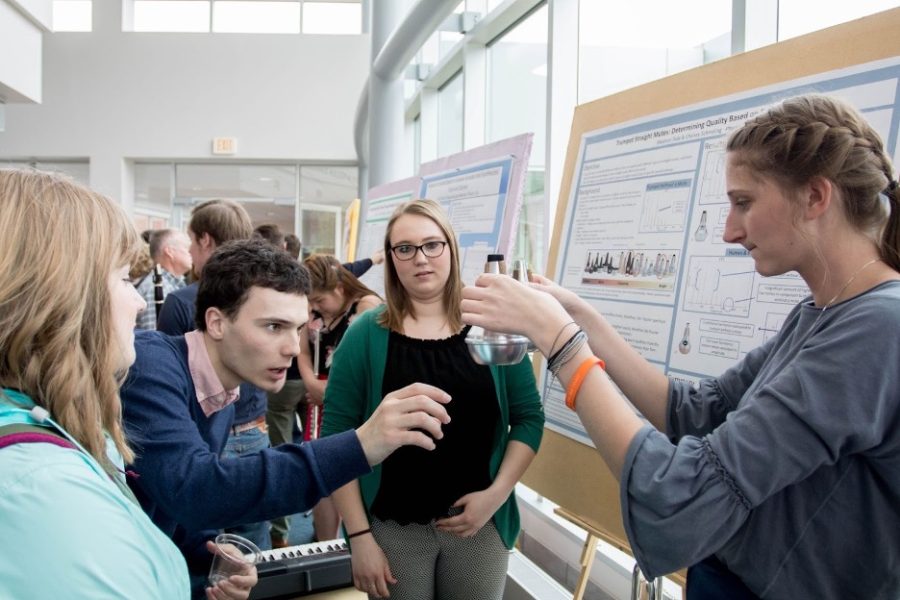
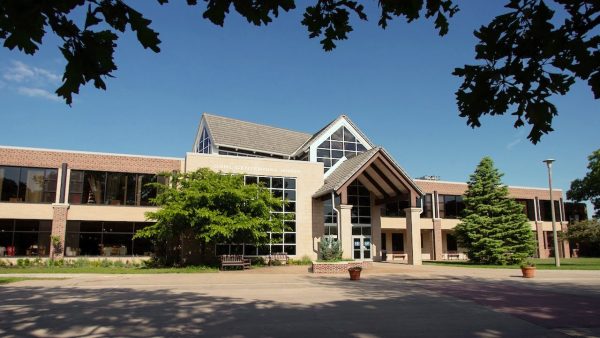
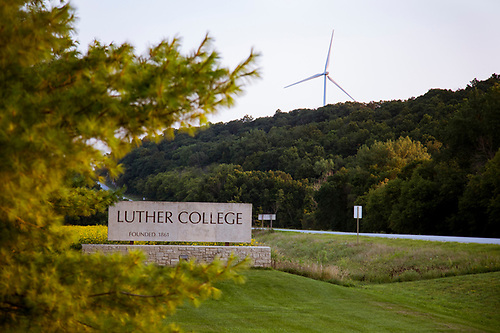
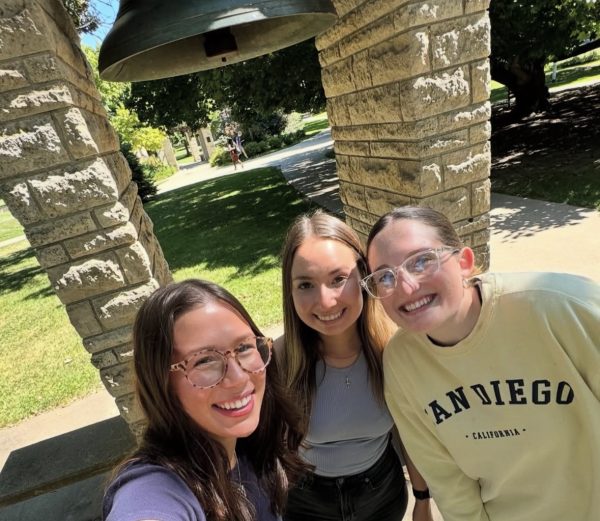
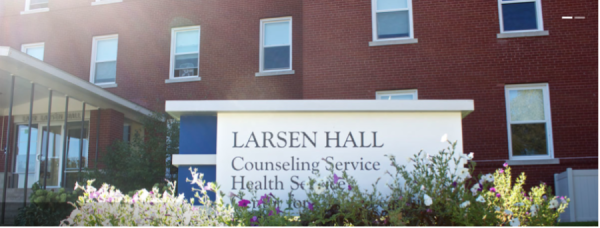
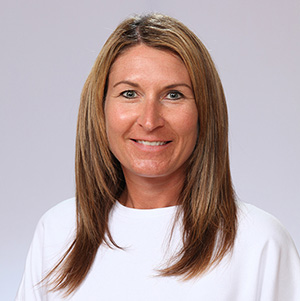
Vickie Homer • May 10, 2022 at 8:59 am
In addition to the core basics, financial literacy must not be overlooked.